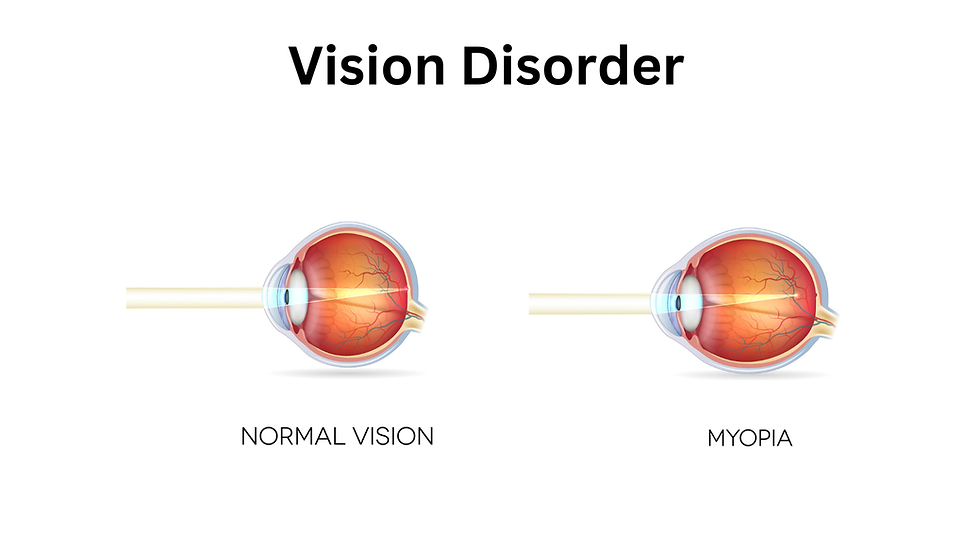The Importance of Regular Eye Exams for Seniors and Their Vision Health
- visionopolisclinic
- Jul 24, 2025
- 2 min read
As eye care professionals, one of our top priorities is ensuring that individuals maintain healthy vision throughout their lives—especially during the senior years. Vision naturally changes with age, and the risk of developing age-related eye diseases increases significantly after the age of 60. That’s why frequent eye exams for seniors are not just recommended—they’re essential.
The Importance of Regular Eye Checkups for Seniors
Vision is closely tied to quality of life. From reading and driving to managing medications and recognizing faces, good eyesight is crucial for maintaining independence and safety. Regular senior eye care appointments help detect vision problems early and preserve eye health well into the golden years.
Common Age-Related Vision Problems
Cataracts : Cataracts cause the eye’s natural lens to become cloudy, leading to blurred vision, glare, and poor night vision. Early cataract detection allows timely intervention and better surgical outcomes when needed.

Cataracts Glaucoma : Often called the “silent thief of sight,” glaucoma damages the optic nerve and can lead to irreversible vision loss if not diagnosed early. Glaucoma screening is a critical part of every senior eye exam, especially since symptoms may not appear until significant damage is done.

Glaucoma Age-Related Macular Degeneration (AMD) : AMD affects central vision and can make tasks like reading and recognizing faces difficult. Frequent eye checkups allow for early diagnosis and management strategies that may slow progression.

Age-Related Macular Degeneration Diabetic Retinopathy : Seniors with diabetes are at increased risk for diabetic eye disease, which can cause bleeding and swelling in the retina. Regular eye exams for diabetic seniors are essential to prevent vision loss.
Presbyopia and Dry Eyes : Aging also brings functional issues such as difficulty focusing on close objects and dry eye syndrome. Both conditions can be easily managed with the right guidance from an eye specialist for seniors.

Why Frequency Matters
While younger adults may only need an eye exam every 1–2 years, seniors should have comprehensive eye exams annually—or more frequently if they have pre-existing conditions like diabetes, hypertension, or a family history of eye disease. Early detection is the best defense against irreversible vision loss.
What to Expect During a Senior Eye Exam
A comprehensive senior eye exam includes:
Visual acuity testing
Intraocular pressure measurement (for glaucoma)
Dilated retinal exam
Cataract evaluation
Macular and optic nerve imaging
Eyeglass or contact lens prescription update
These tests provide a full picture of your eye health and allow your optometrist to create a personalized care plan.
Your Vision Deserves Expert Attention
At our clinic, we specialize in senior eye care and offer the latest in diagnostic technology, comfortable exam experiences, and customized treatment plans. Whether you’re managing an existing eye condition or simply staying ahead of age-related changes, our team is here to help.
Book your comprehensive senior eye exam today with us, and take a proactive step toward preserving your vision for years to come.






Comments